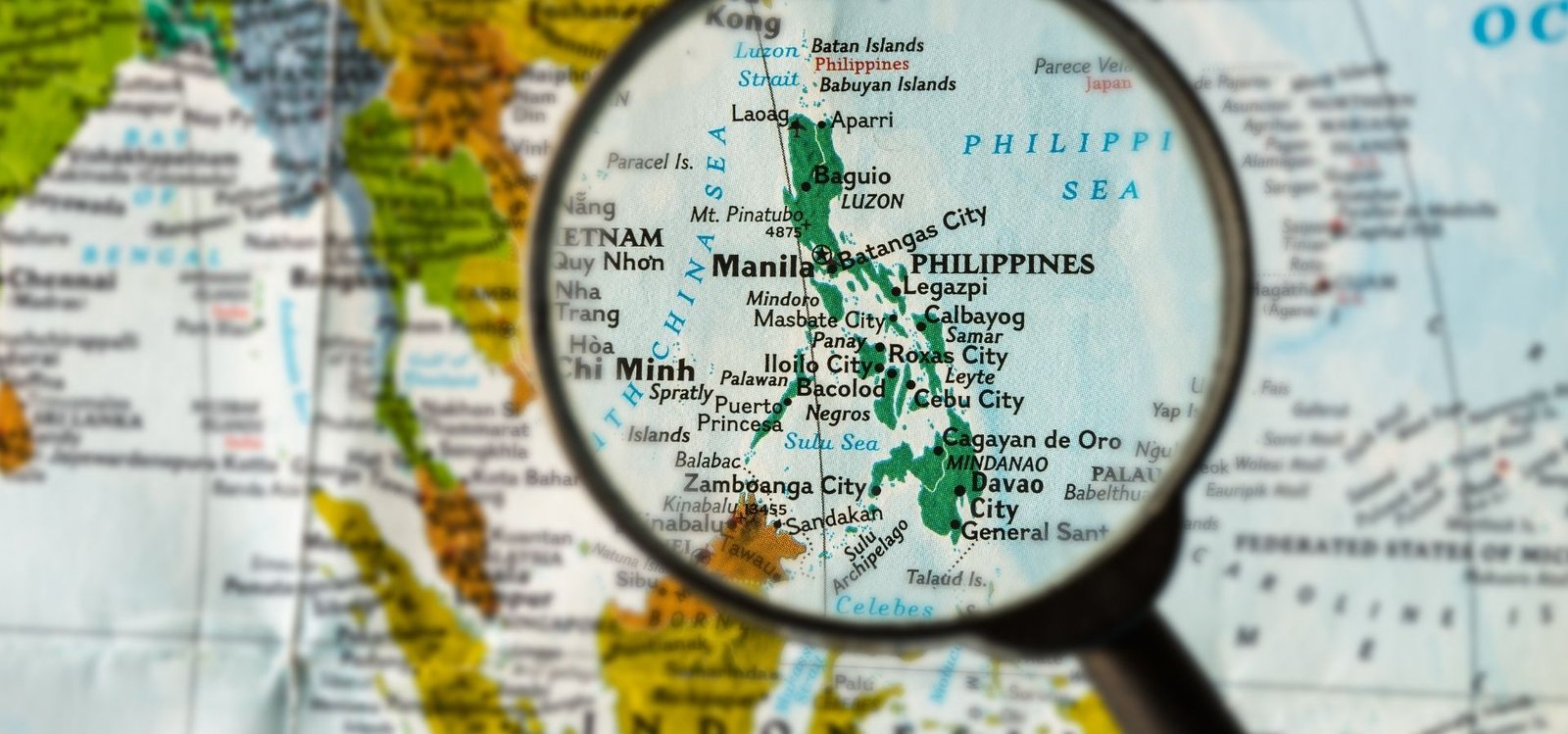Doing business in the Philippines is a great opportunity for foreign investors and the local communities alike. Anyone, regardless of their nationality, is welcome to do business and invest in the country, in almost all areas of economic activities. It is also possible for foreigners to invest up to 100% capital in a domestic entity, provided that the proposed activity he intends to venture in is not among those listed in the FINL (Foreign Investments Negative List), as mentioned in the Foreign Investments Act of 1991 (Republic Act 70142 as amended by RA 8179).
Companies may be registered in the followings options for business entry:
- Sole Proprietorship – A business entity formed by an individual who has full control/authority.
- Partnership – A business entity formed by two or more persons (indefinite number) who bind themselves with the intention of dividing profits among themselves.
- Domestic Corporation – A stock or non-stock corporation organized under Philippine laws with no minimum number of incorporators ( may be a One-Person Corporation)
- Domestic Subsidiary – A corporation at least 51% owned by the parent company, and organized under Philippine Laws.
- Representative Office – It undertakes activities such as information dissemination and promotion, as well as quality control of products for export.
- Branch Office – A business entity licensed to do business in the Philippines organized under foreign laws.
- Regional Headquarters – An office which undertakes activities that shall be limited to acting as supervisory, communication and coordinating center for its subsidiaries, affiliates and branches in Asia-Pacific Region other foreign markets.
- Regional Operating Headquarters – A multinational company engaged in international trading.
According to the Board of Investments, there are possible incentives schemes available for an investor offered under the Omnibus Investments Code of 1987 (E. O. 226). Some of those are:
- Six (6) years for projects with pioneer status and for projects located in a Less Developed Area (LDA);
- Four (4) years for new projects with non-pioneer status;
- Three (3) years for expansion/ modernization projects
- Duty exemption on imported capital equipment, spare parts, and accessories;
- Exemption from wharfage dues and any export tax, duty impost and fees;
- Tax exemption on breeding stocks and genetic materials;
- Tax credits on imported raw materials;
- Tax and duty-free importation of consigned equipment;
- Additional deduction for labor expense;
- Employment of foreign nationals;
- Simplification of customs procedures;
- Access to bonded manufacturing warehouse.
We will be glad to assist you in your business journey to put up investments in the Philippines.



0 Comments